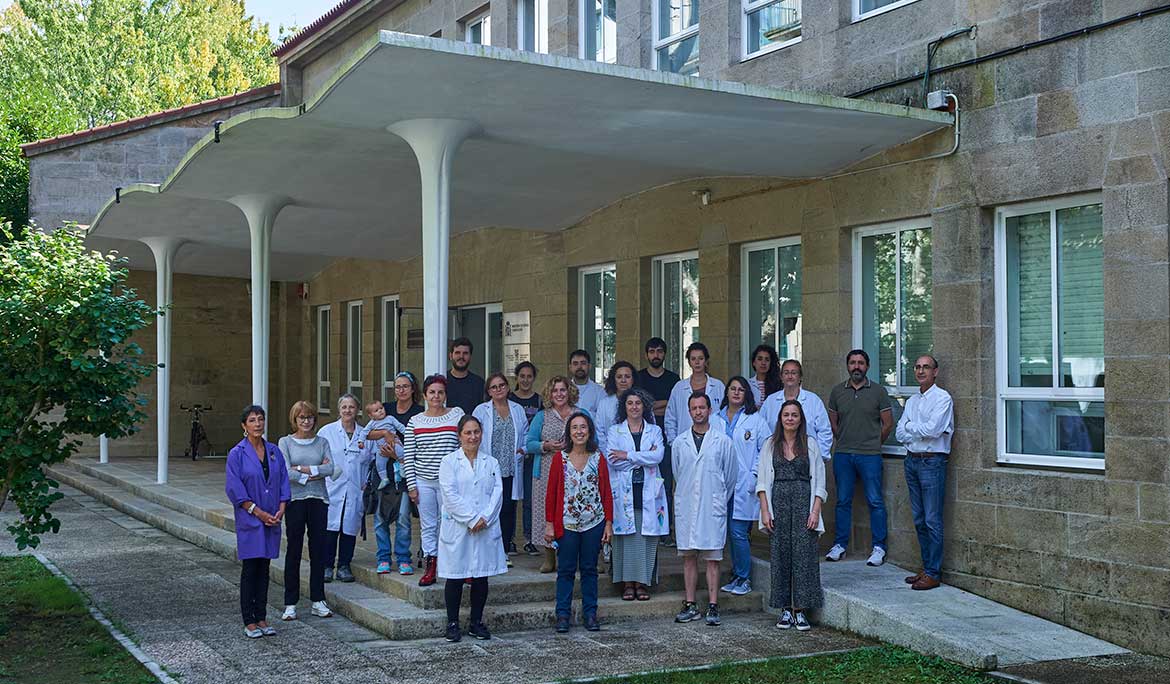Tipo de publicación:
Revistas indexadas en la Web of Science o en SCOPUS
Enlace a publicación:
https://doi.org/10.1080/15226514.2017.1337065
Abstract
Bioremediation of polluted soils is a promising technique with low environmental impact, which uses soil organisms to degrade soil contaminants. In this study, 19 bacterial strains isolated from a diesel-contaminated soil were screened for their diesel-degrading potential, biosurfactant (BS) production, and biofilm formation abilities, all desirable characteristics when selecting strains for re-inoculation into hydrocarbon-contaminated soils. Diesel-degradation rates were determined in vitro in minimal medium with diesel as the sole carbon source. The capacity to degrade diesel range organics (DROs) of strains SPG23 (Arthobacter sp.) and PF1 (Acinetobacter oleivorans) reached 17–26% of total DROs after 10 days, and 90% for strain GK2 (Acinetobacter calcoaceticus). The amount and rate of alkane degradation decreased significantly with increasing carbon number for strains SPG23 and PF1. Strain GK2, which produced BSs and biofilms, exhibited a greater extent, and faster rate of alkane degradation compared to SPG23 and PF1. Based on the outcomes of degradation experiments, in addition to BS production, biofilm formation capacities, and previous genome characterizations, strain GK2 is a promising candidate for microbial-assisted phytoremediation of diesel-contaminated soils. These results are of particular interest to select suitable strains for bioremediation, not only presenting high diesel-degradation rates, but also other characteristics which could improve rhizosphere colonization.
Grupos:
GRUPO DE REFERENCIA COMPETITIVA DE CONSERVACIÓN Y MEJORA DE SISTEMAS AGROFORESTALES
Investigadores:
PETRA SUSAN KIDD
